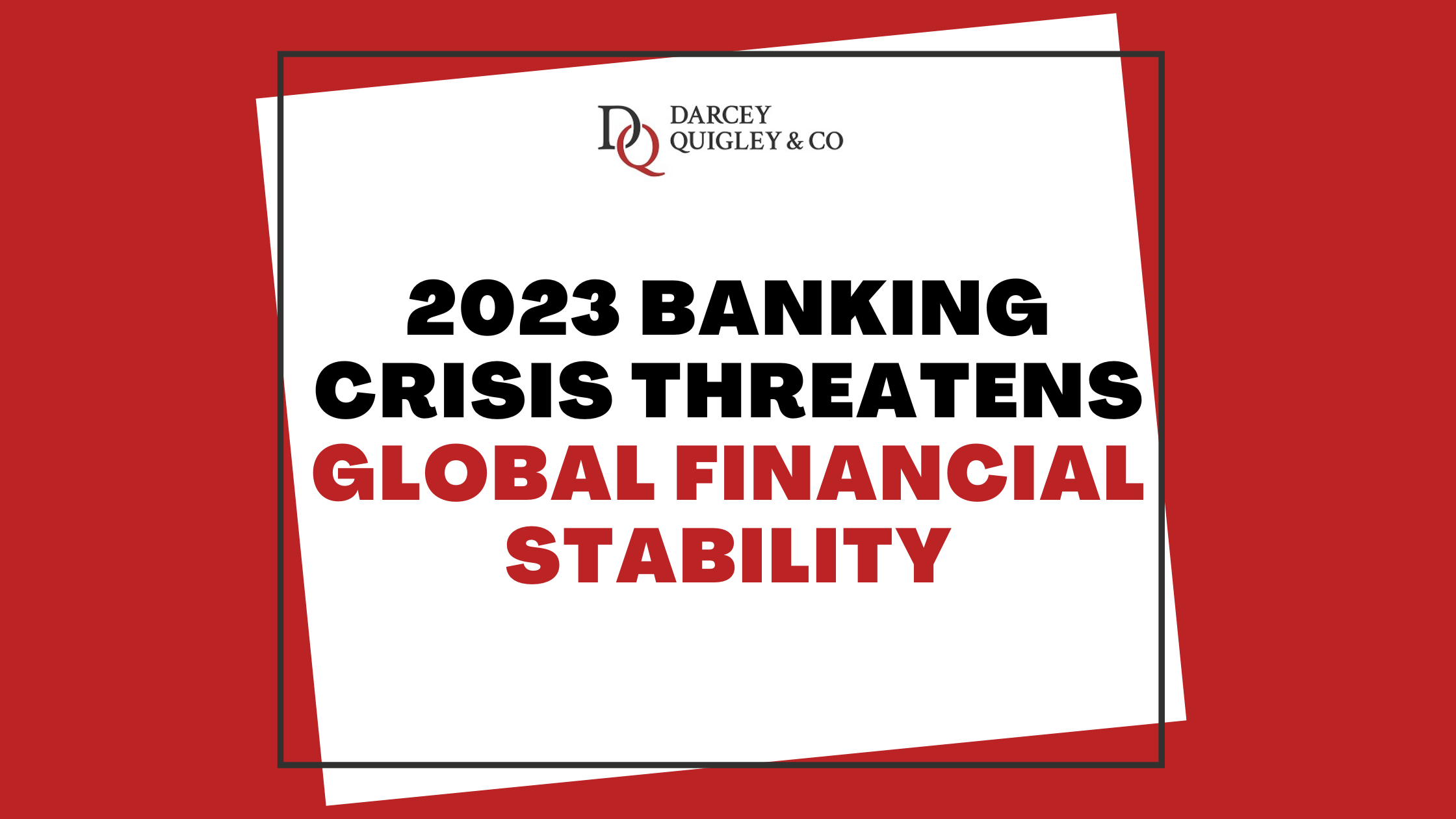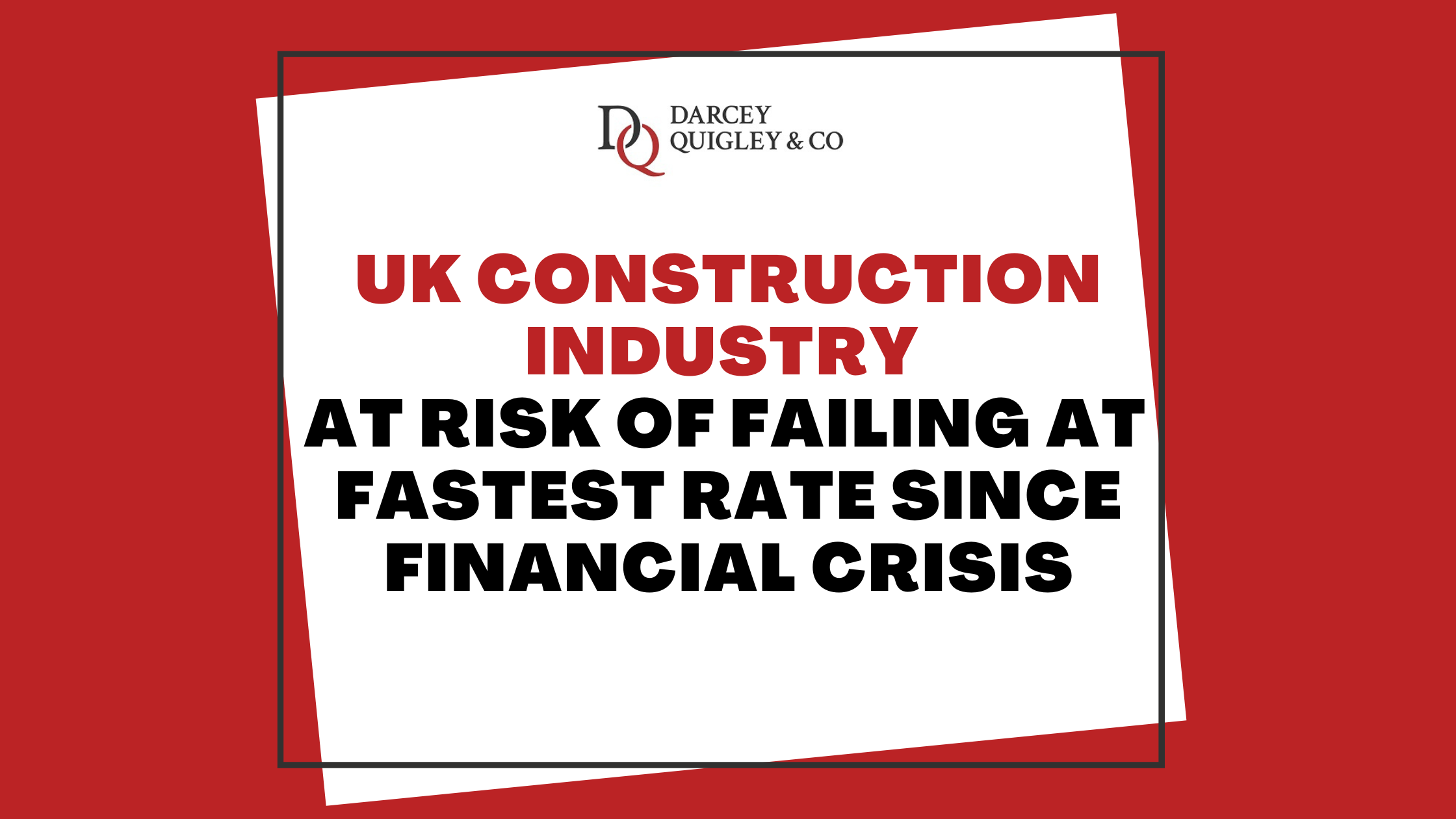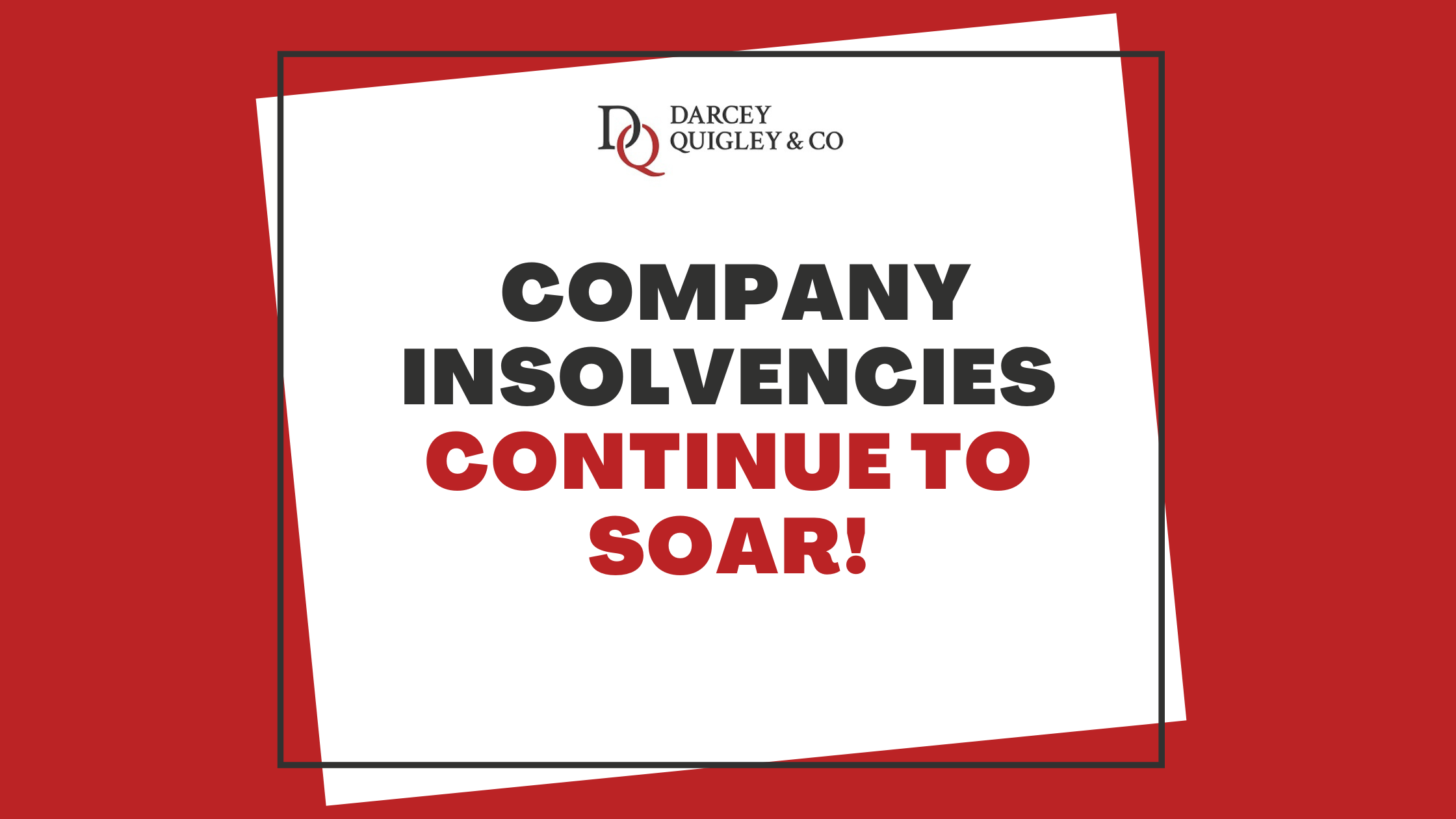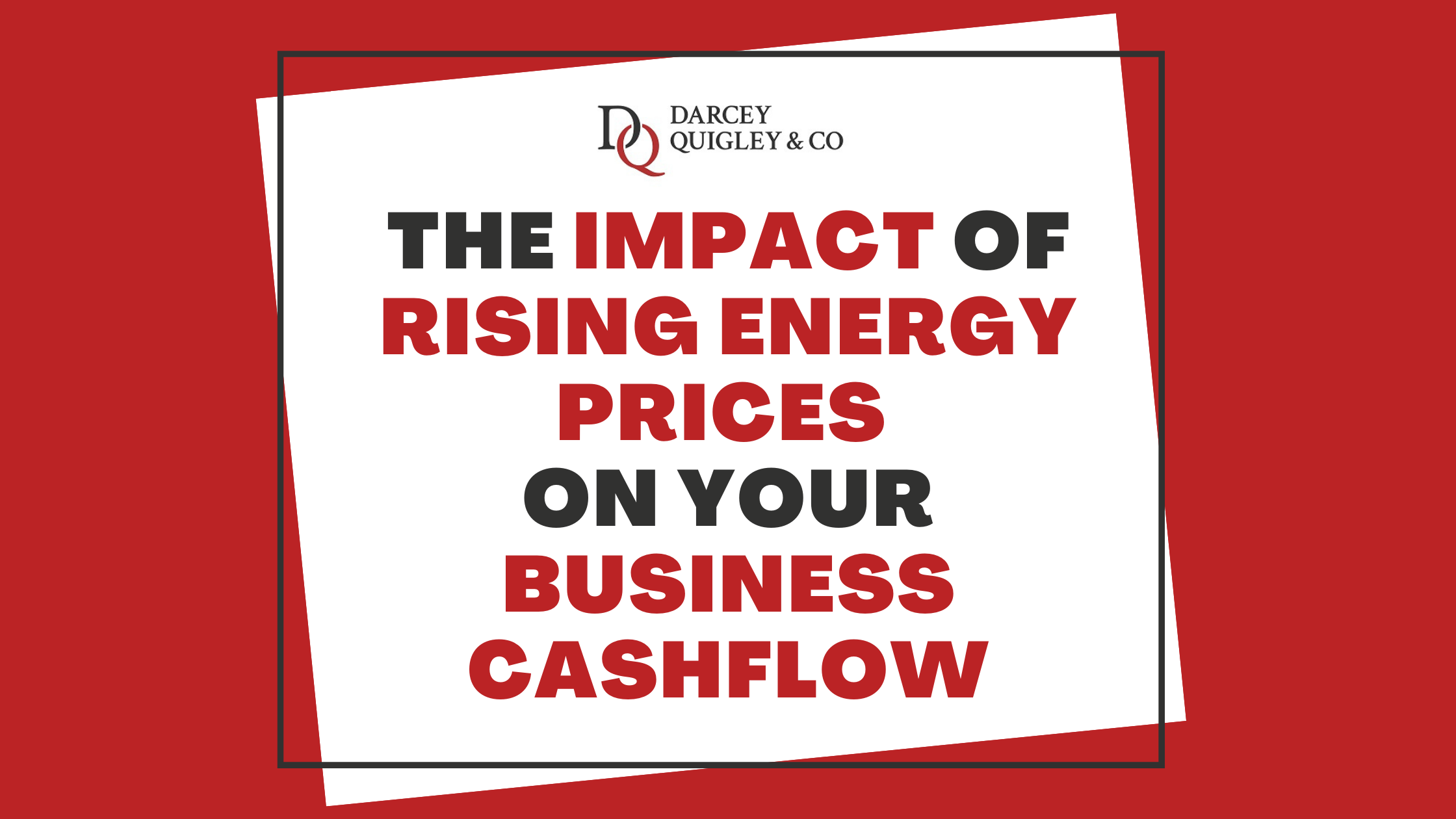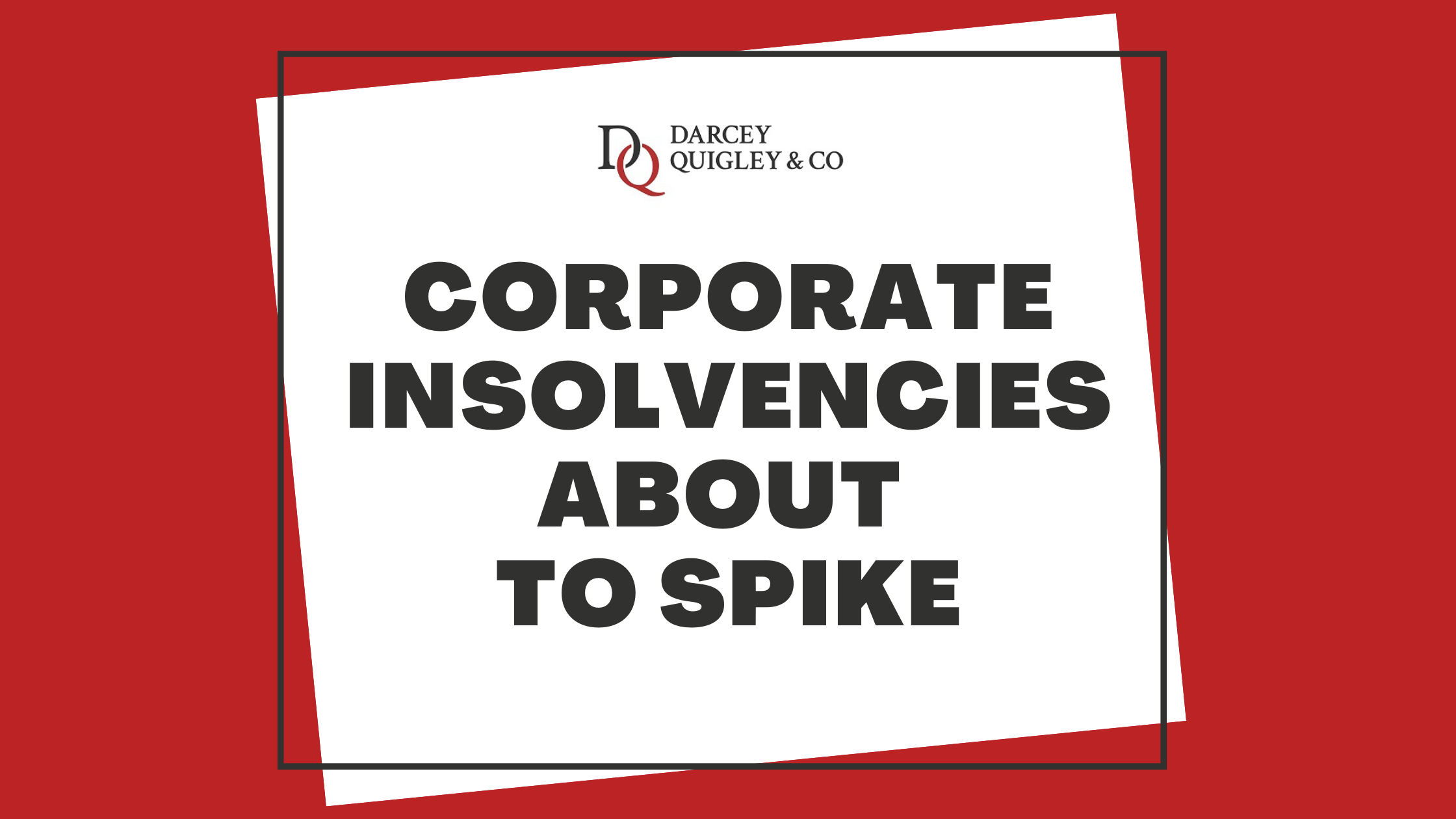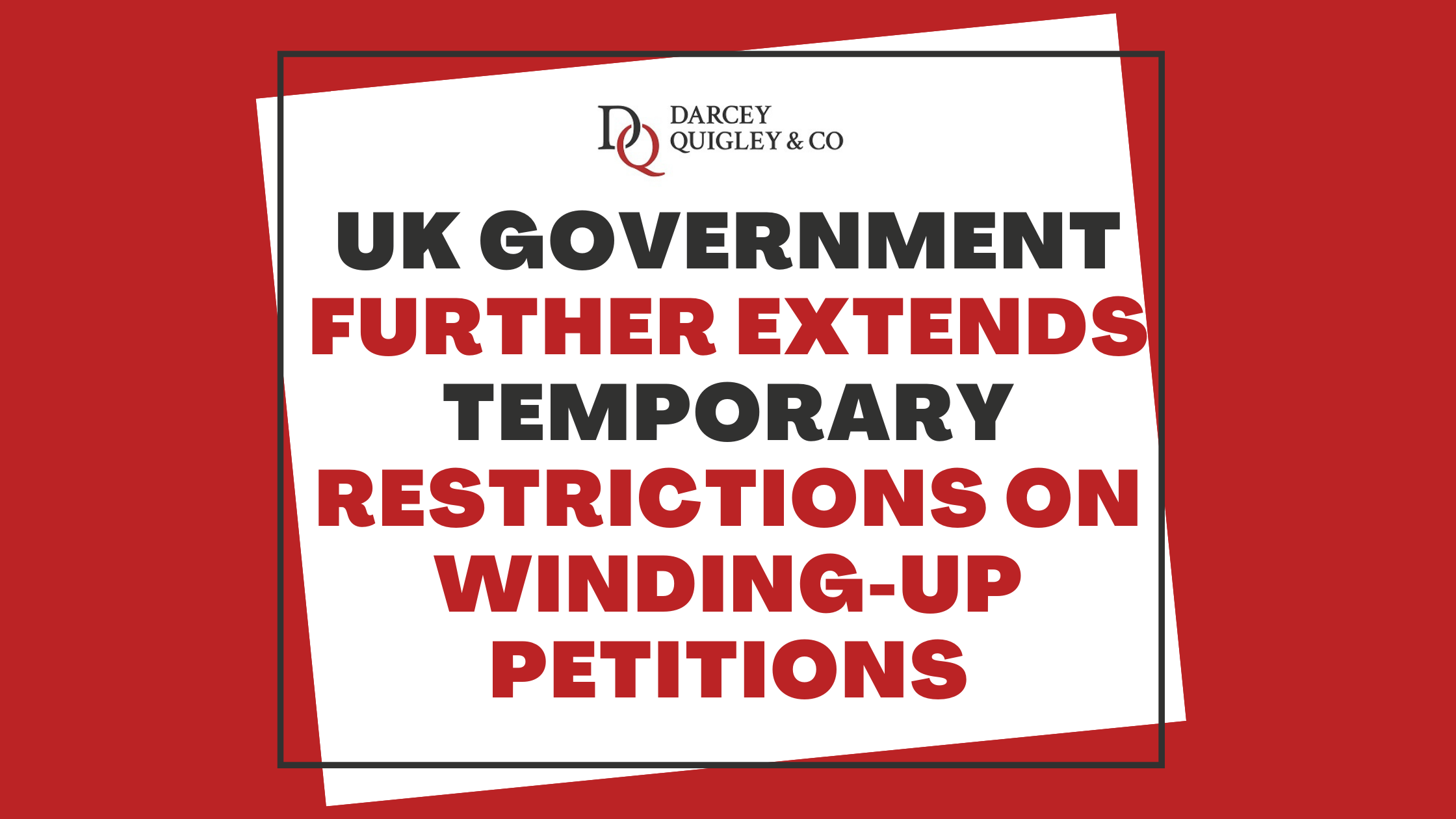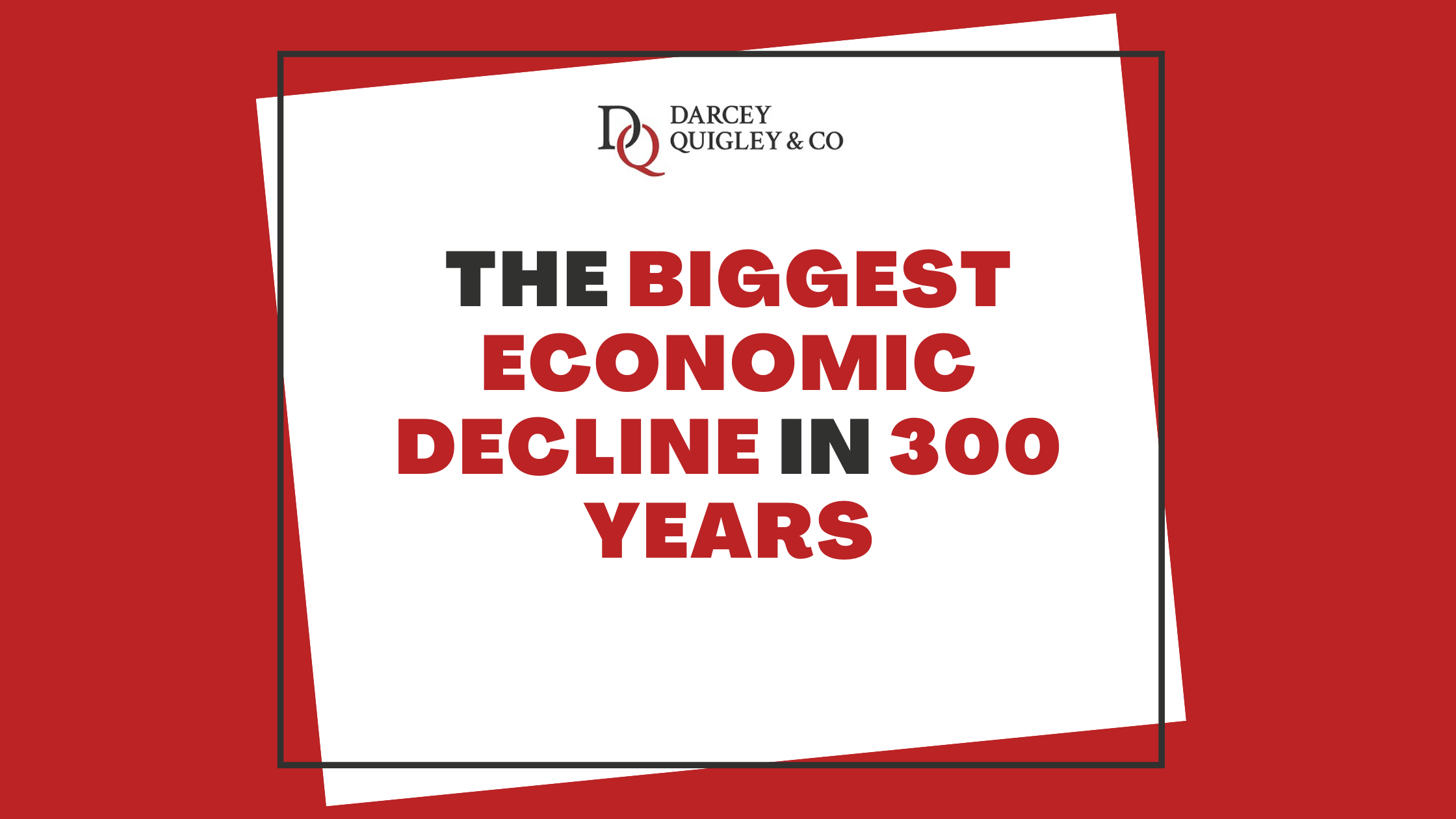With the UK recovery looking like a long distance away, what can you do in the interim to help your business?
With the UK recovery looking like a long distance away, what can you do in the interim to help your business?
The British economy is unlikely to have the quick bounce back that people might have first thought. With the corona-virus shutdown having wiped more than 30% off British output in April, then a similar downturn is expected May also. This downward trend may be here for a few months yet. With so much uncertainty for the rest of the year then your business must look at its current cash position and its sales ledger to assess what steps you can take in the short-term to help boost your cashflow.
There are several options available to you to get a cash injection
• You can take out a personal guarantee to extend your line of credit
• You could re-finance some of your company assets
• You could take out a business loan
• You could look at invoice financing (however not always a quick turnaround)
• Bring your ledger up to date and in line with your credit terms
With the first 4 options, the business can receive a much need cash injection however, each item will have its downside and risks. Each of these measures requires you to extend your exposure and agree to future payments or debt without knowing what lies ahead in the short or long term. Personal guarantees can have far reaching consequence and should be entered with caution. Our recent blog looks at exactly what is covered by personal guarantees and the pitfalls.
Re-financing company assets can offer a simple and straightforward way to raise cash against an asset that your company already owns. Depending on the amount of funds required, you can refinance any single or multiple assets. This option is becoming more popular and rates are becoming more competitive.
Business loans have been the traditional way of raising additional finance. However the lending criteria is becoming more stringent and the high street banks are more and more looking for personal guarantees. There are hundreds if not thousands of lenders and brokers out there, some accredited and some not. They can also now utilise alternative lending models such crowdfunding, peer to peer lending etc. However, in a lot of circumstances these rates are steep. However, with the current government backed scheme for bounce bank loans and CBILS then this is an attractive proposition for many businesses should they need a quick cash injection.
Invoice financing is a way for a business to borrow money against the amounts due from customers. You will receive a certain percentage of the money you have invoiced your clients immediately even although your customer will have credit terms. Fees related to this facility usually range from 0.5% to 5%. However, if your customer does not pay for quality issue or they cannot pay then you may have to repay the money and take back the liability yourself depending on your contract terms. Furthermore, some businesses find that their reliance on this can sometimes make it difficult to get out of this arrangement.
We therefore advise a word of caution before embarking on these measures. It is imperative that you review and fully assess the implication of each option to see what best suits your circumstances and what is viable.
However, the most obvious quick win for any business is pre-litigation debt recovery, in a bid to release cash to the business from its outstanding debts. The main positives here is that this is delivering money into the business from money that is already owed to you, therefore no new long term liabilities need to be incurred.
Secondly it frees up your time and allows you to concentrate on running your business and looking for new sales instead of making endless phone calls or continually emailing people. People often underestimate how much time and head space it takes continually chasing customers for payment. In many instances this is not a persons sole responsibility within the business therefore, it can pre-occupy your time unnecessarily and take you away from other areas of the business.
Finally, with the no recovery, no fee promises then your liability is dramatically reduced. You will only pay for the service if the money is recovered and you only pay the percentage on what is recovered too, not on the initial instruction value. There is also the matter of claiming your costs back from your customer. Under current UK legislation and specifically under The Late Payment of Commercial Debts Regulations 2013. The act is firstly to discourage late payment of invoices. Secondly, to provide compensation to creditors for the late payment of debts. For invoices that are not paid on time, the act enables you to claim interest and compensation even if you had no such provision was in your contract. Interest can be claimed at 8% over the Bank of England base rate together with compensation at the rate of £40 – £100 per invoice. The reasonable costs are the costs you incur for collecting the debt such as your third-party commercial debt recovery partners fee. Therefore, taking much of the risk out of the transaction. Not only that, you are likely to receive your costs from you debtors in more than 4 out of 5 cases which means that it hasn’t cost you a penny.
If you have invoices that are overdue, or you have staff shortages with your finance department. Call us now to discuss and we can provide a suitable solution to try and help get your business on track and provide a much need boost to your cashflow. Do not wait until it is too late and you are at the back of the payment queue.
Act now and secure your business’s future.


